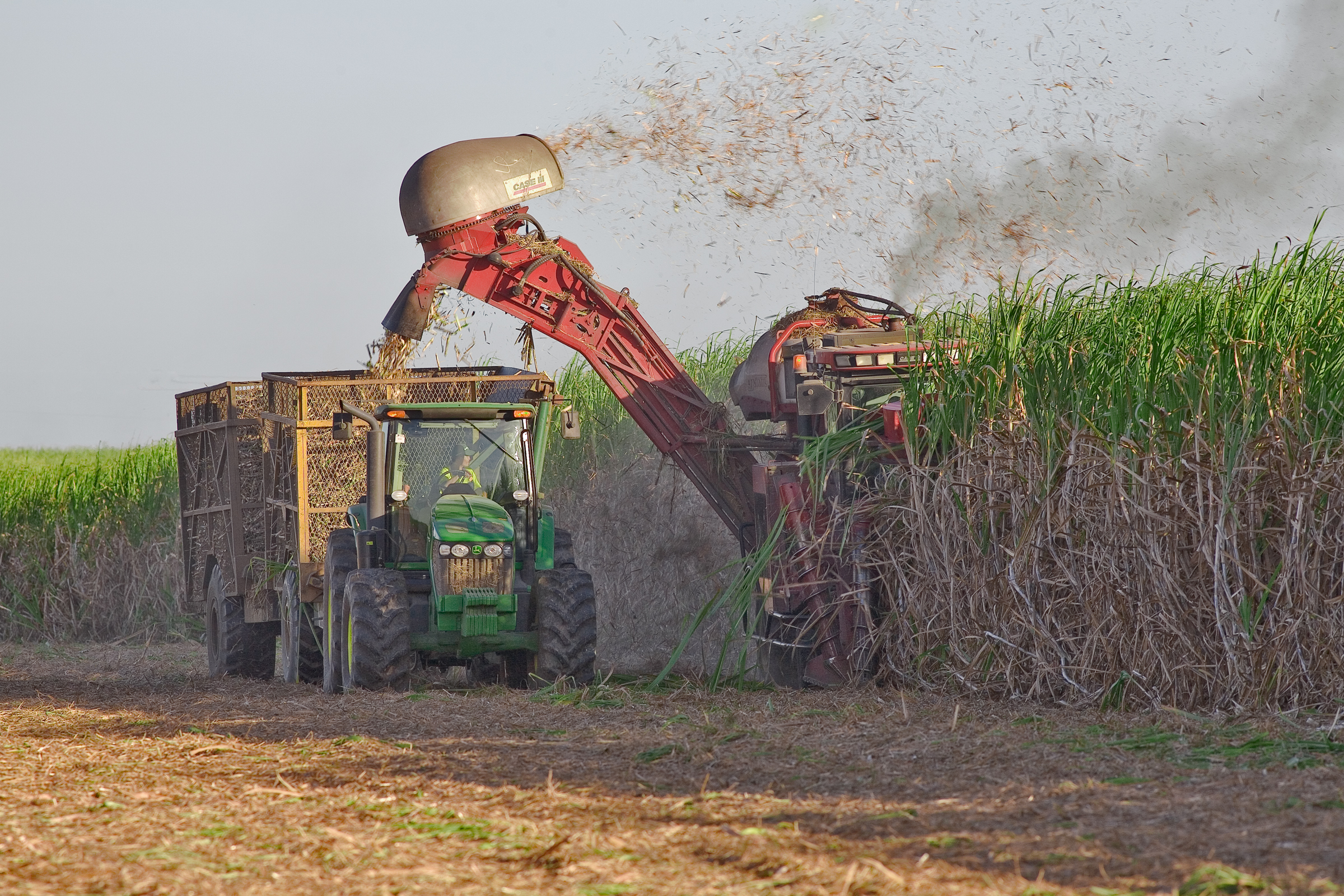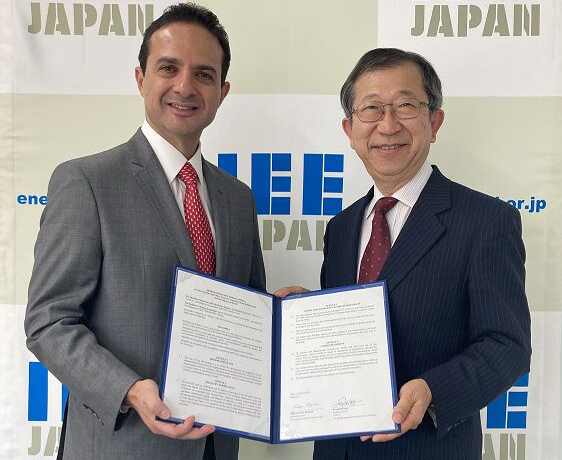The sugarcane industry has planted more than 46.6 million seedlings of native species in Sao Paulo state since 2007, according to data from the Greener Ethanol Protocol released by the state government (exact number: 46,674,586). The industry reached this number after planting 2.96 million seedlings of native species during the 2020/2021 harvest, which ended on March 31.
A substantial share of these seedlings was planted near bodies of water and water springs. To date, companies that signed the Greener Ethanol Protocol are responsible for restoring 132,285 hectares (equivalent to more than 132,000 football fields) of riparian woodlands and protecting 7,315 water springs, located on properties of sugarcane suppliers and processing units.
“The revolution that we voluntarily promoted related to environmental best practices are part of the value proposition of sugarcane-based products, which are essential for the sustainable rebound of economic growth in the country,” says Evandro Gussi, president of UNICA. He adds that “sustainability is a strategic advantage of the sugar-energy industry, recognized in Brazil and around the world and is emphasized by the potential of up to 90% of emissions reductions from sugarcane ethanol when compared to gasoline”.
The Greener Ethanol Protocol was signed by 117 companies and 5,121 sugarcane suppliers, who together account for 95% of sugarcane production in Sao Paulo state and 47% of ethanol production nationwide.



